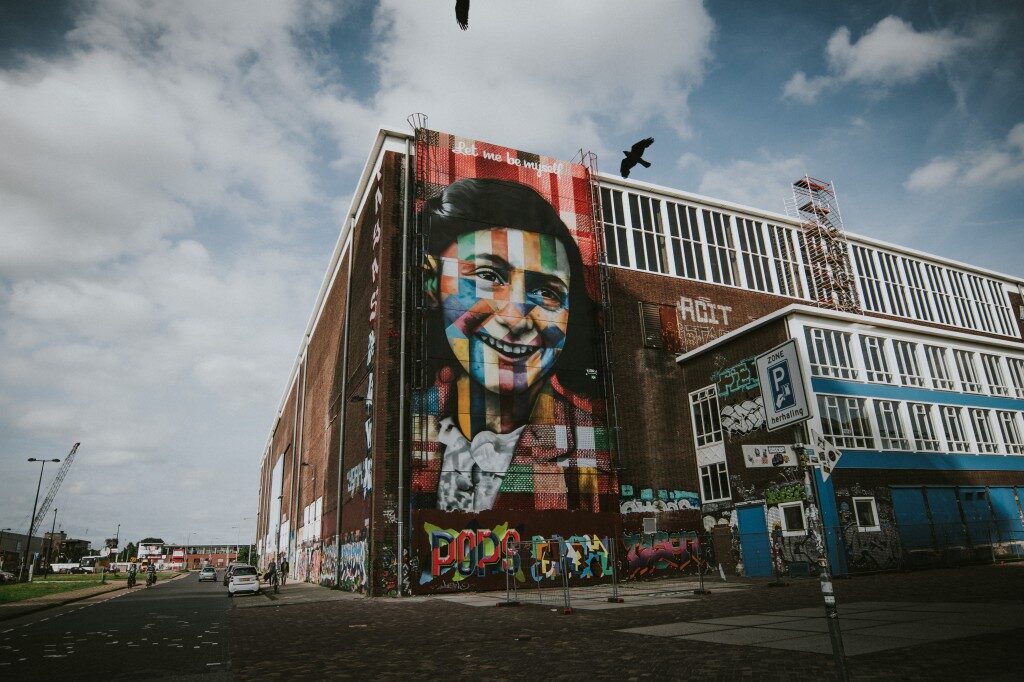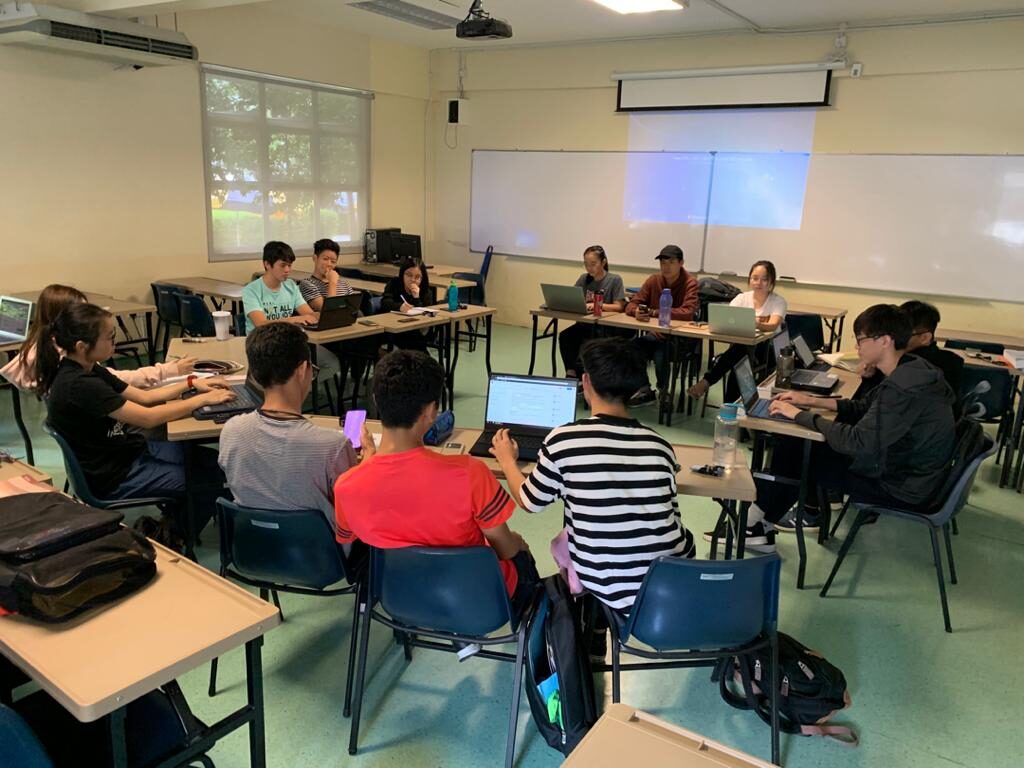As I wrote in my previous article, 2020 has shown us, thus far, the Arts, Humanities and Social Science (AHSS) is as important as Science, Technology, Engineering and Mathematics (STEM) and Medicine yet the importance of AHSS is lost to the generations of Malaysian secondary school graduates. Why?
Speaking from personal experience and to fellow graduates of the Malaysian education system (former classmates, the older generation and former students), we have been taught by the system that AHSS (History, in particular) is necessary to pass our national examinations and the only way to pass those examinations is to excel in the art of rote learning. Hence, when I began my career as a World Civilisations lecturer at a private college in Malaysia, I challenged myself to approach my classes with the intention to demonstrate to students that the Humanities and Social Science remain relevant in our STEM-centric society. Moreover, across three terms per year for five years, I designed and experimented with different types of assessments with the end-goal that my students would have control over their learning journey.
In this article, I will share a summary of three assessments I experimented with in my World Civilisation classes.
 Giant mural of Anne Frank in Amsterdam. Photo by Ronni Kurtz.
Giant mural of Anne Frank in Amsterdam. Photo by Ronni Kurtz.
Your assignment is to assume the role of a fictitious individual (of your creation) and upload six written and/or visual diary entries to the blog about your experience living through the identified historical event (of your choice except the Holocaust). Use ‘Anne Frank: The Diary of a Young Girl’ as your inspiration.
Inspired by Anne Frank’s ability to share the most intimate and frightening moments of her short-lived life during the Holocaust, I created this assessment as a way for my students to immerse themselves in historical events in a way reading alone could not provide. The need to read up on a historical event and the need to push the boundaries of their creativity and imagination to reimagine the daily struggles and emotions of an individual living through a historical moment allowed my students to experience history as life stories rather than a series of facts they were obligated to memorise.
Indeed this assessment is a challenge for students who thrive on rote learning but a historian will tell you that we do not spend our days memorising facts. Instead, we spend our days piecing unseemingly different jigsaw puzzle pieces together to recreate and preserve the life stories of the deceased so that we may have a better understanding of the way modern societies operate. Moreover, by encouraging them to think outside the box, students inevitably develop their historical thinking and historical imagination abilities – skills vital to become a critical thinker and creative problem solver.
- Alternate History Role Play
Imagine an alternate universe where Soviet Union, not Japan, bombed Pearl Harbour (World War 2) or a small number of the Clergy, Nobility and Others (Commoners) of the French society conspired to create a secret faction – separate from the Traitors – to overthrow the French monarchy during the 1800s (French Revolution).
It began with a random conversation with a friend, a non-academic nor a historian, who mentioned that if his History classes (in Malaysia) were more interactive and hands-on, he would have been more interested in learning History. His casual comment about how he wished his History teacher encouraged a more immersive learning approach made me realise that had my friend (and many others) been taught to think and challenge facts like a historian instead of being ‘spoon-fed’ facts to memorise, Malaysians would have a more positive perception of history.
 In the photo: Michelle’s History class in the middle of negotiating the outcome of an alternate World War II scenario
In the photo: Michelle’s History class in the middle of negotiating the outcome of an alternate World War II scenario
However, while doing my research, I quickly realised that a simple debate or discussion about popular historical events such as World War 2 or the Holocaust would not provide my students with the right opportunity to independently cultivate historical thinking and historical imagination. After much research and conversation with colleagues, it dawned on me: ‘what if I altered the roles played by some of the more integral individuals, societies or nations of a historical event and add a foreign element such as the presence of Wakanda and its vibranium (yes, I included the Marvel Universe into the mix … why not?).
Unlike The Diary of Lost Lives assessment, this alternate history role play assessment truly pushes the boundaries of students’ problem solving and negotiating skills, creativity and ability to work cohesively in teams as the alternate historical event unfolded according to the action-and-response of all the teams involved.
Identify a video game (from the list provided) and critically analyse the historical elements found in the video game.
Intrigued by my students who constantly talked about “Civ” – a video game they played together, I sat down with them, one day, to learn more about the game that reminded them of the historical events we were learning in the classroom. It was only then that I discovered the burgeoning field of ‘archaeogaming’ – the study of archaeology and history in and of video games and board games. This field of study encourages historians and archaeologists to engage with the gaming community who enjoy history as much as the former community does but are not certified because the reception of History and Archaeology is that it is irrelevant and non-profitable.
Hence, my conversation with my gaming students encouraged me to identify ways to engage with the gamers in my classroom and simultaneously use video games to demonstrate to the entire class that History is widely found in pop culture. By playing the game (I made it clear that they were not obligated to buy any video games) or watching the gameplay on Youtube, it provided my students with the opportunity to virtually immerse themselves in the past through the Assassin’s Creed franchise or virtually assume the role of a former ruler in the Civilization or Europa Universalis franchises. The need to critically analyse the way history is embedded in these games cultivated students’ historical literacy and historical thinking, and demonstrated to them what you can do with a degree in History and/or Archaeology.
Lesson Learned
The unconventional nature of these assessments made it particularly difficult to develop especially when I had no assurance that my students (who were accustomed to rote learning) would significantly benefit from the immersive learning approach. Nevertheless, I discovered that if you are honest with students about the reason(s) why you have chosen to experiment with unconventional assessments, they reciprocate that honesty by sharing with you their likes and dislikes about the assessment and willingly spend time (outside the classroom) to collaborate and improve the assessments. This authoritative relationship I developed with my students materalised because I chose to prioritise their learning experience above all else.
Conclusion
When I became an educator, I had one goal in mind – demonstrate that History is NOT about memorising facts but about challenging the facts by cultivating one’s historical thinking, historical literacy and historical imagination abilities. These abilities will prove relevant in mitigating the social, political, economic and environmental ills plaguing our modern societies. Along the way, I realised that to effectively demonstrate to my students the relevancy and applicability of History in real-life situations, I had to prioritise their learning experience first. Although the majority of my students did not go on to pursue a degree in History or Archaeology and many initially struggled to adjust to the assessments which encouraged ‘play’, all left my World Civilisations classroom with a better appreciation for History and understood that learning does not end when you leave the classroom.
Michelle Low is a Research Assistant with the Global Asia 21 Multidisciplinary Platform of Monash University. Her research comprises the topic of “Vulnerable Communities in Asia”. Prior to her current role, she spent the last five years as an educator and had actively worked towards redefining the way Humanities and Social Science subjects were taught in her classroom.
This is #RedefiningEducation with Michelle Low.
